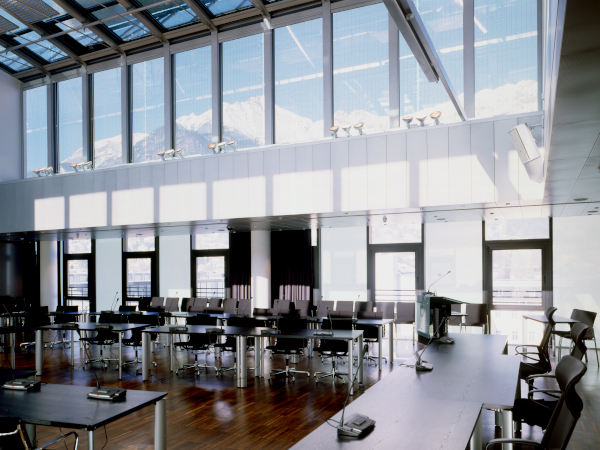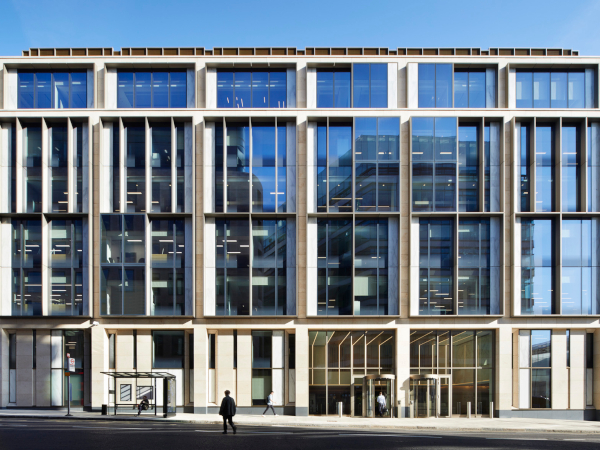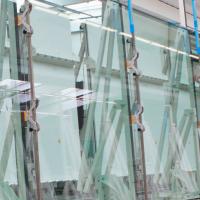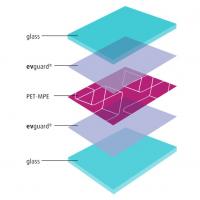Date: 25 July 2013
There are, however, some high profile exceptions in the area of flat glass, thanks to public support of building construction and the growing demand for insulating glass.
Despite some recent positive signs, we have known for some time now that the Russian market is in difficulty, and clear confirmation of that can be found in the industry sales figures for 2012 -- overall, Italian exports to Russia plunged by 22.73% compared to 2011. If we then break down the data by sector - hollow glass and flat glass - we see two similar 'pictures' but with some very important differences.
Contrary to what has happened in other markets, in this case the hardest hit were the hollow glass manufacturers, who collectively saw their business with Russia nosedive by 25.64%, while Italy's flat glass exporters, though penalized, suffered a less punishing decline of just 7.30%.
.jpg)
This situation was recently, and faithfully, mirrored at Mir Stekla, the industry trade show held in Moscow from June 17-20 of this year. In what has become a long-standing tradition, many Italian member firms participated in the group stand organized by Gimav. They came back with an almost identical impression of the situation, but there were also some significant differences. With regard to hollow glass, the biggest slowdown ever occurred in the area of housewares, a sector that is populated by numerous small, local manufacturers who were hit especially hard -- due to the concentration of production in the hands of a few giant international groups who have, in essence, 'bought' the market and are now conducting a price war at their convenience. Elia Rizzi, Sales Engineer for Olivotto Glass Technologies confirms the trend: "Our current projects are in the area of pharmaceutical and technical glass, but we witnessed very little interest in the rest of our lines.
This is a phenomenon in full swing; the smaller manufacturers are stopping production and thinking about reconverting their operations. It is likely there was some serious overproduction in the past, during the boom years". The same theory was expressed by Barbara Antonini, Marketing Director for Antonini SrL, manufacturer of a broad range of lehrs and ovens: "This is a conspicuous slowdown that comes, however, on the heels of a very exceptional period. Of course, it also reflects certain contingent market situations; for example, the reduction in the production of bottles is also due to a decrease in consumption of alcoholic beverages whose prices are burdened by new excise taxes. There are also some new projects in the works, but they do come up against the obstacles of the persistent lack of credit and the lengthy and extremely sluggish bureaucratic red tape involved. In the end, 2013 will be a tough year in Russia, even the big lucrative contracts are fewer and further between than in the past".
.jpg)
An entirely different picture is painted in the area of insulating glass, a specific sector of flat glass production that is experiencing a positively exciting moment. The building and construction market is quite lively right now, driven by favorable seasonal conditions (activity is concentrated in the period from June to October) and by public investments. Davide Brandolese, Manager of Fenzi-AluPro Russia confirms our perspective, along with the company's new Assistant Manager, Matteo Padovan, saying they were satisfied over all with the turnout at Mir Stekla. Though it may have disappointed quantitatively, qualitatively it was excellent: "Though moderate, growth in the building industry has made the manufacturers of IG units increasingly attentive to valid products, for example, high-quality European sealants and spacers. The response to warm edge technology is constantly growing, though still limited in terms of quantity, it certainly is poised for huge development. At the show we also organized a practical demonstration of how easily a cutting edge spacer bar like our Chromatech Ultra can be processed with just a few simple measures, while at the same time ensuring decidedly superior performance. For us, the market is in good health, but we pay for it in terms of the high exchange rates that require our customers to bear further financial burdens. Nonetheless, they have shown they are willing to make economic sacrifices in the name of quality".




















Add new comment